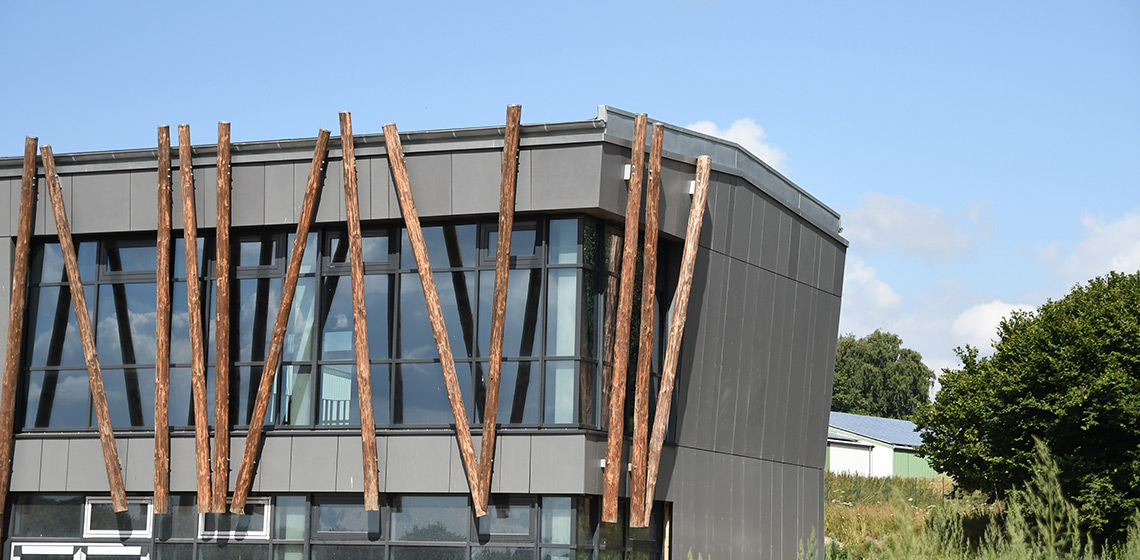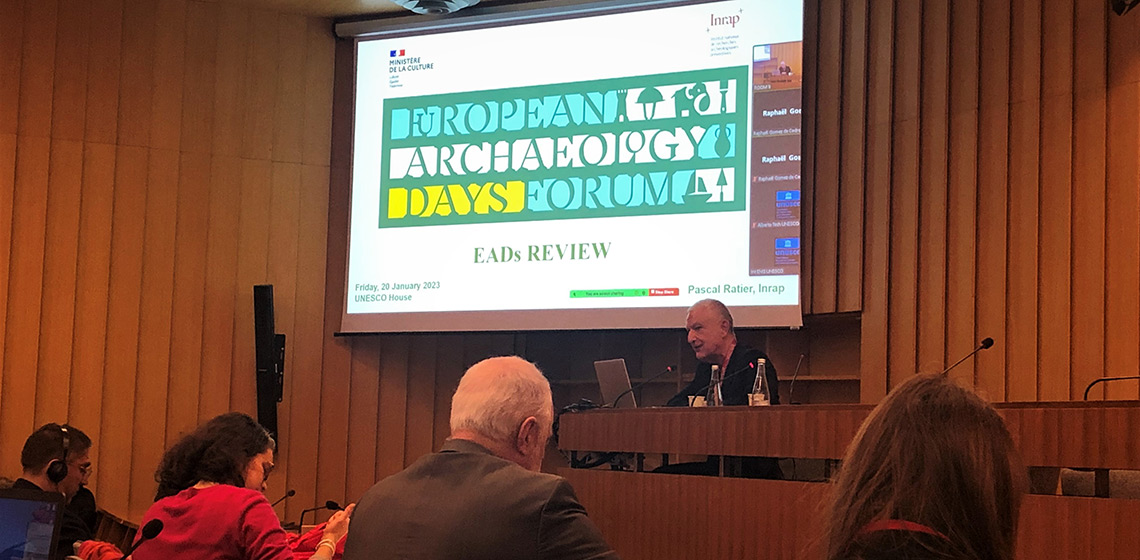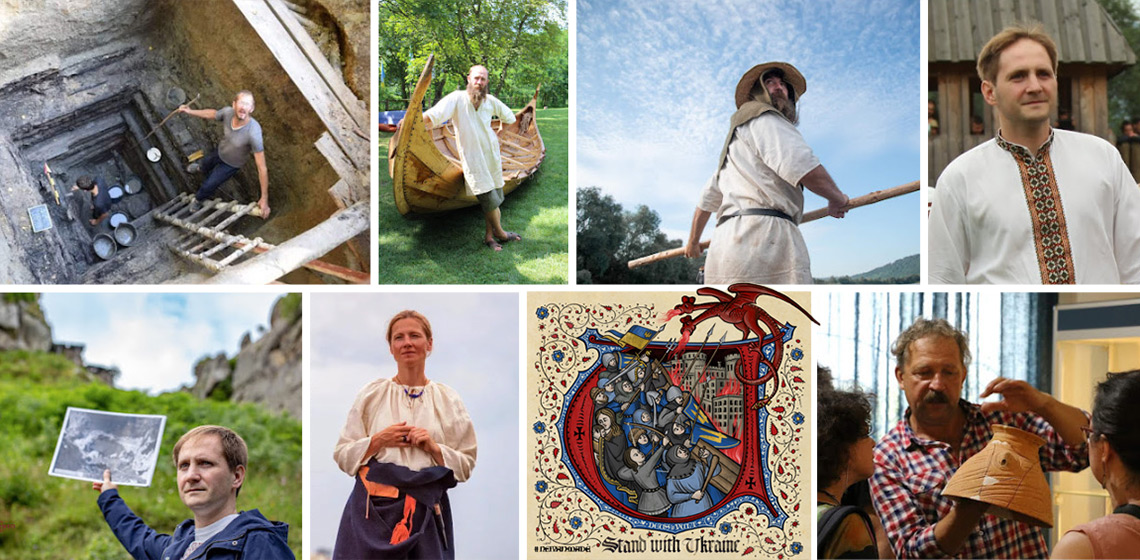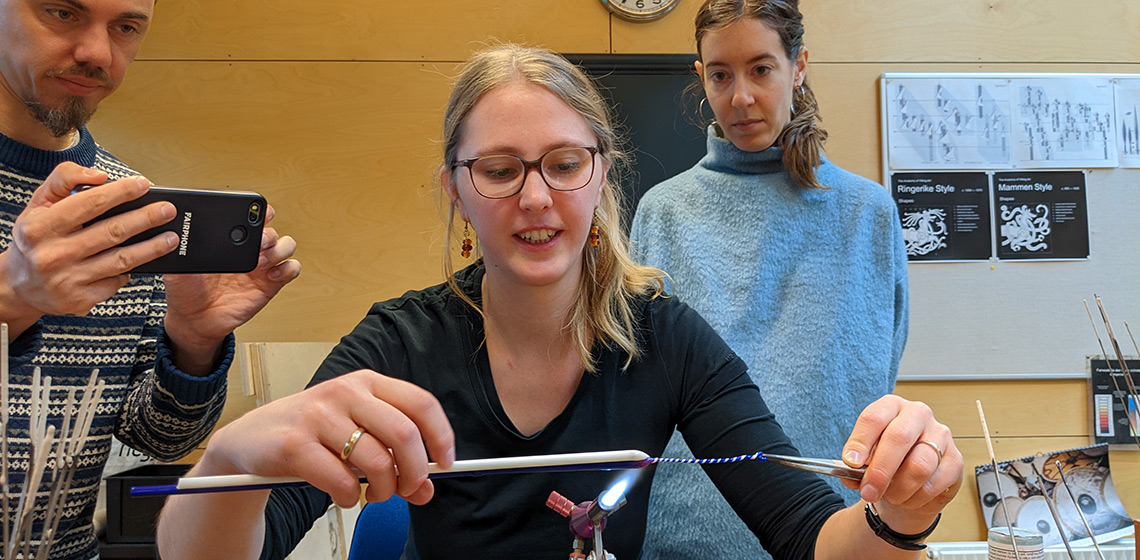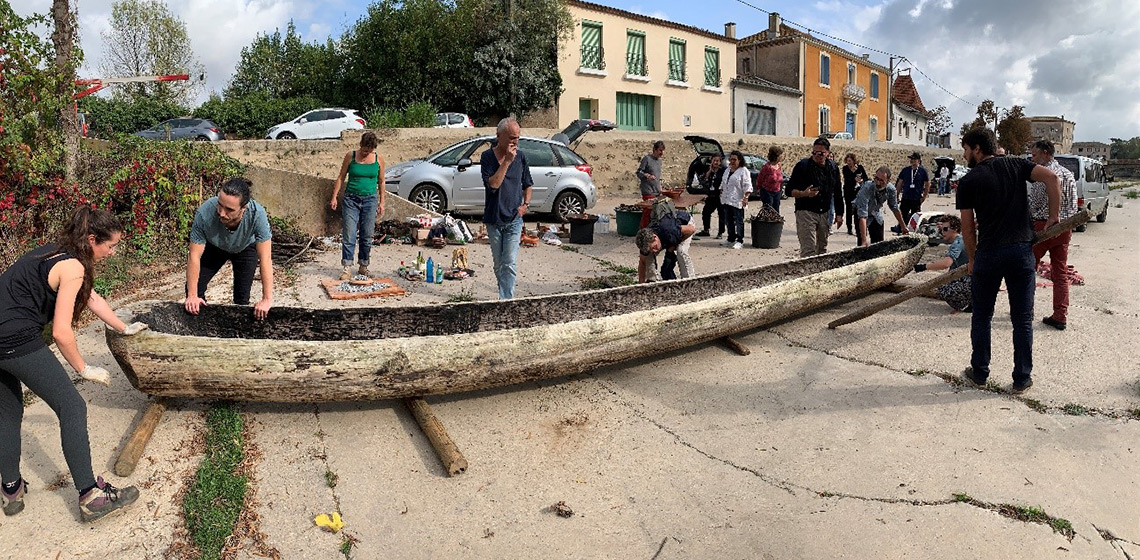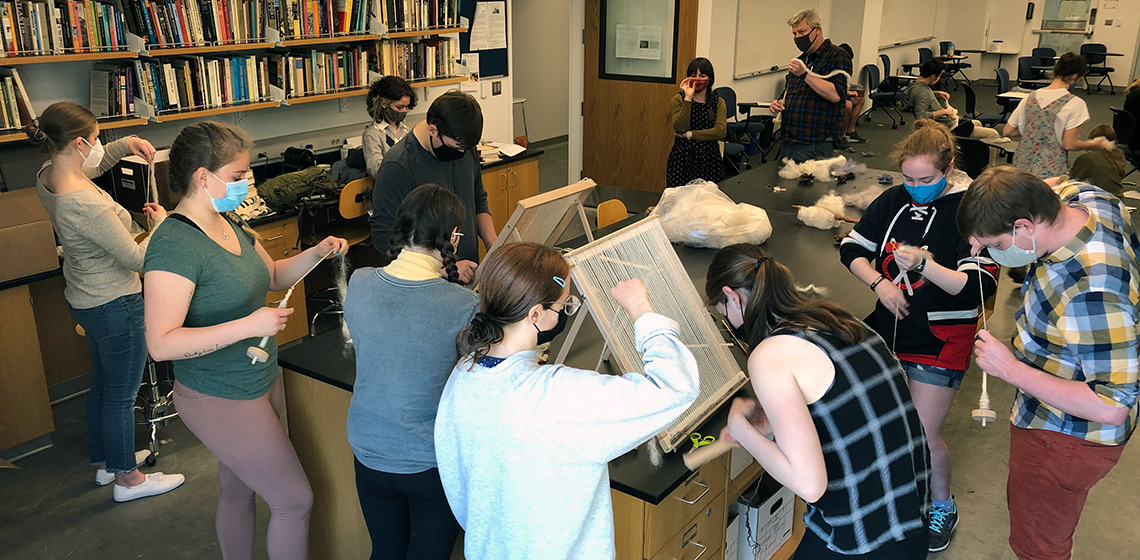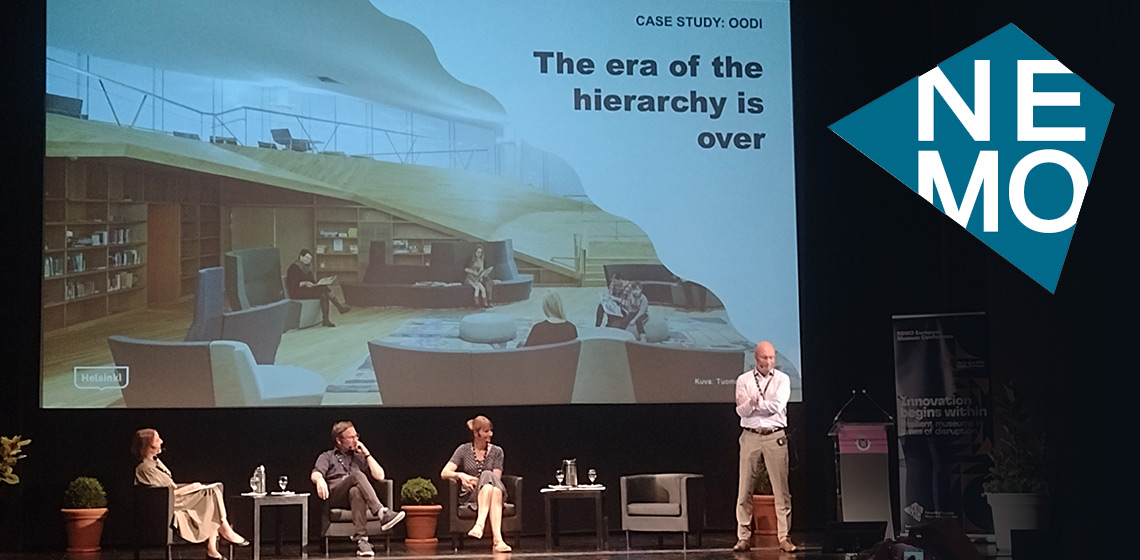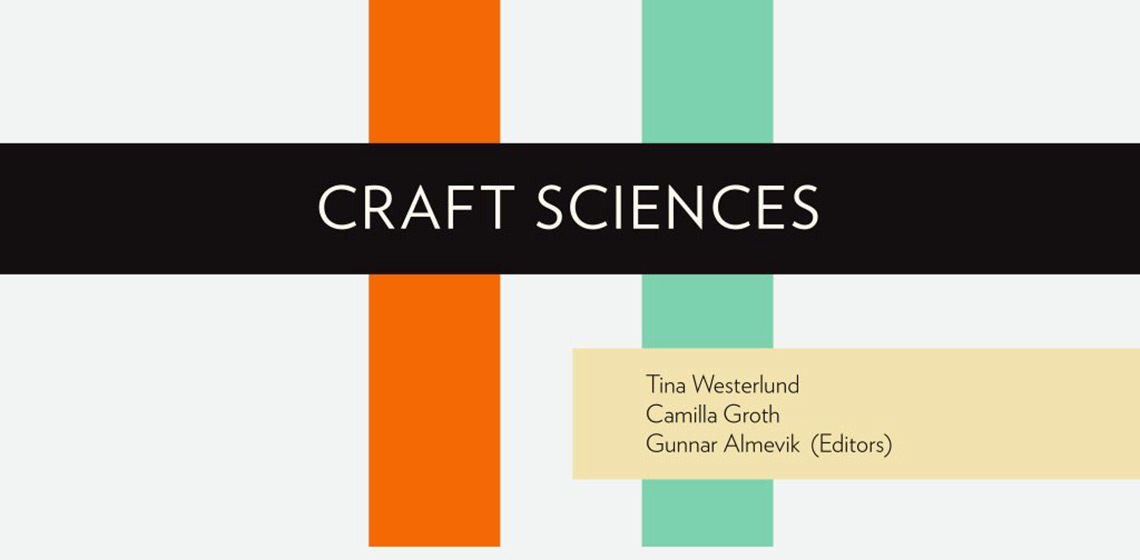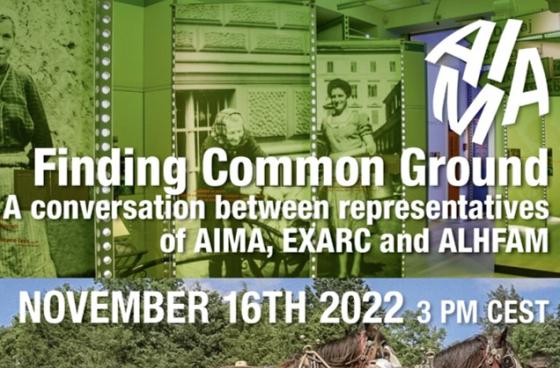Newest Era
The Stone Age becomes Sustainable - Experiences from being an Educational Partner for Sustainable Development for more than 15 years
Conference Review: EXARC at the European Archaeology Days Forum in Paris 2023
Discussion: Heritage in Times of War - part 1
Event Review: Experimental Archaeology in Denmark 2022
Following up on the inception meeting back in November 2021 it was clear that a meeting opportunity for researchers, museum workers, craftspeople and practitioners in experimental archaeology was missing. A year later it was interesting to follow up on the forum to see if it was actual viable and if there was a desire to continue in its current form.
Conference Review: The 6th CONEXP held between October 25-28 2022 at Pézenas (FR)
Launching an Experimental Archaeology Course at the Undergraduate Level
Conference Review: Innovation begins within. Resilient museums in times of disruption, NEMO 2022
Obituary: Anne Reichert (10 June 1935 - 8 May 2022)
Book Review: Craft Sciences by Tina Westerlund et al (eds)
2022 AIMA Lecture: Finding Common Ground
Country
- France
Please set your schedules to hear a vibrant discussion between the powerhouse leaders of history and agriculture - three associations coming together to "Find Common Ground"!
This will be the first time that representatives of AIMA, ALHFAM and EXARC virtually join forces to discuss their missions, focus groups as well as possible (joint) plans for the future.

